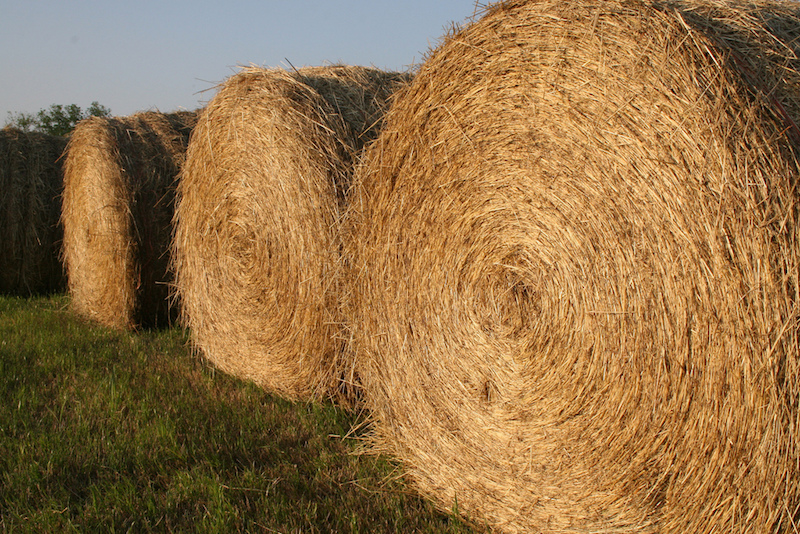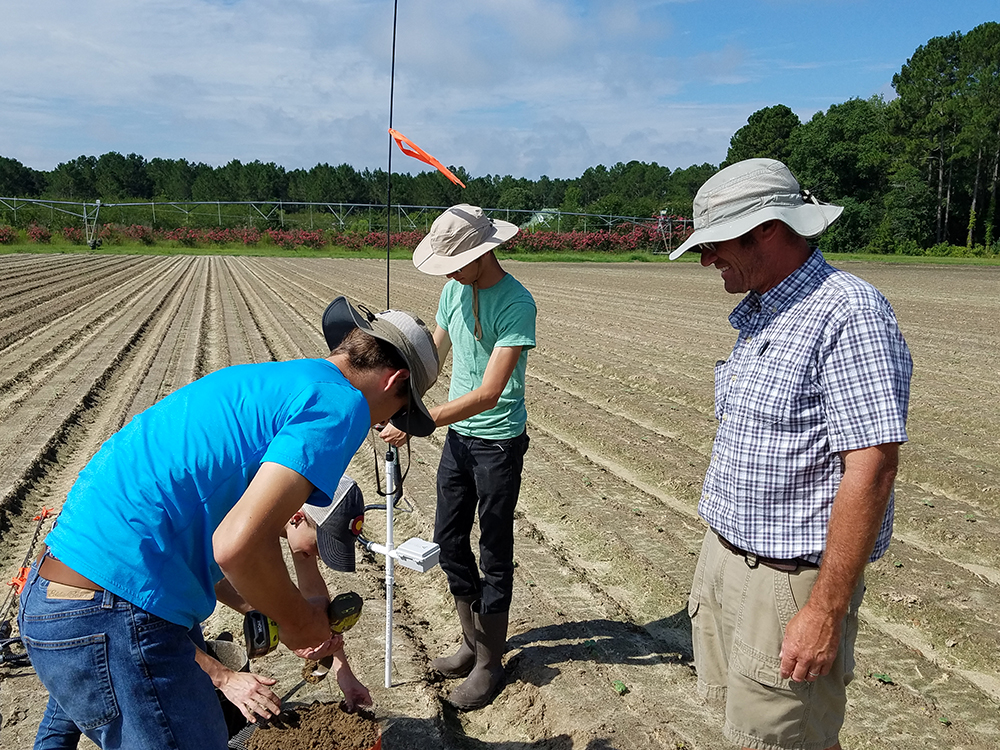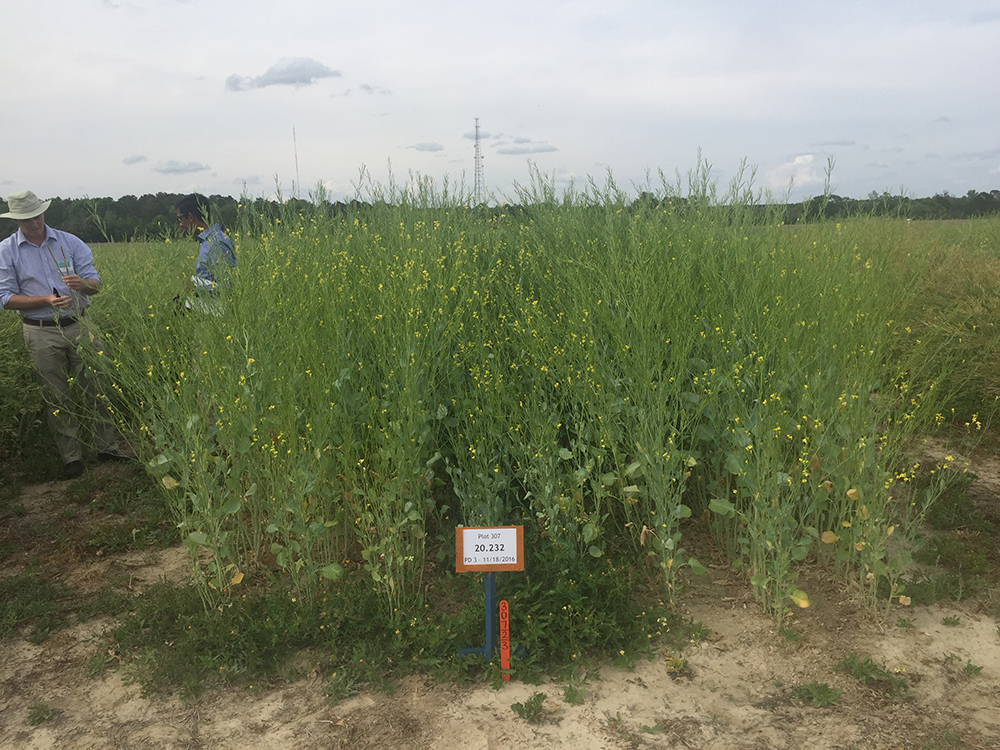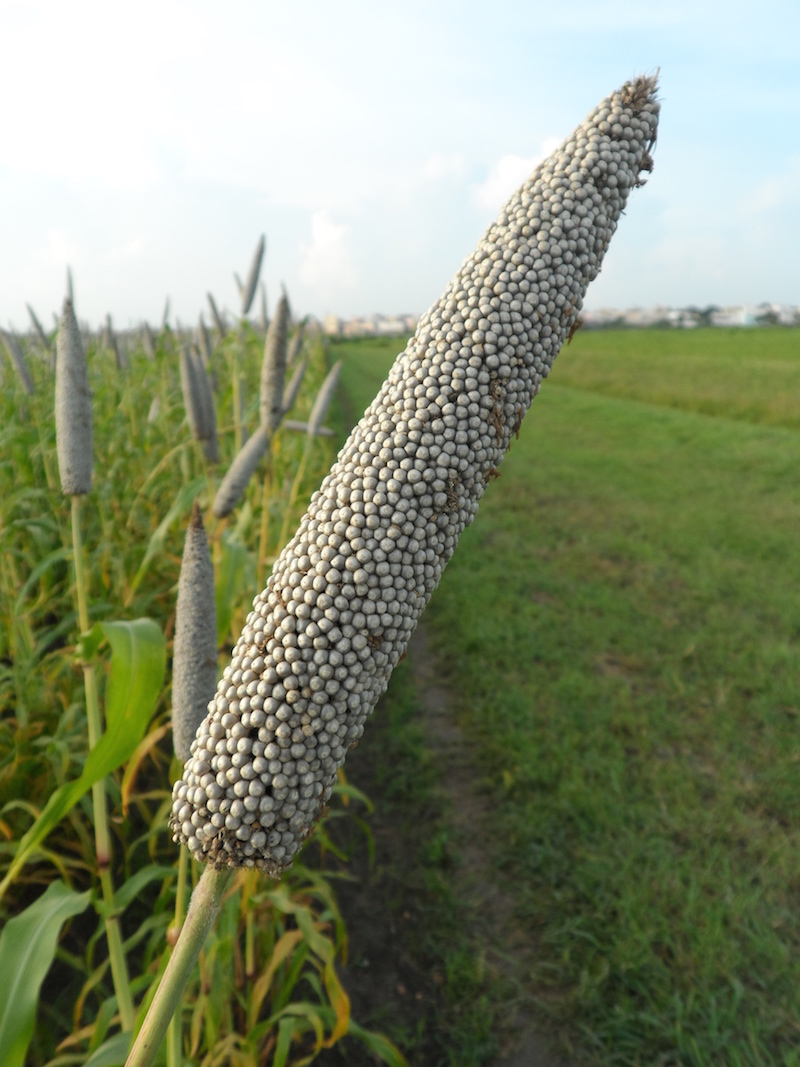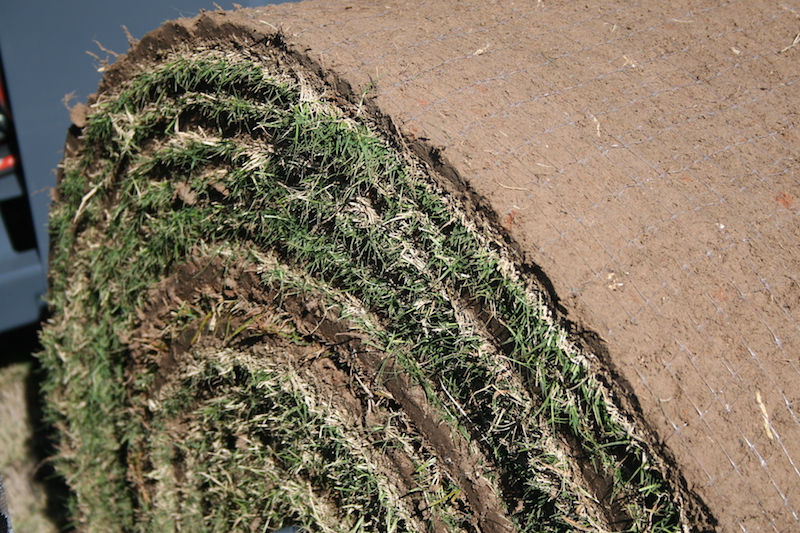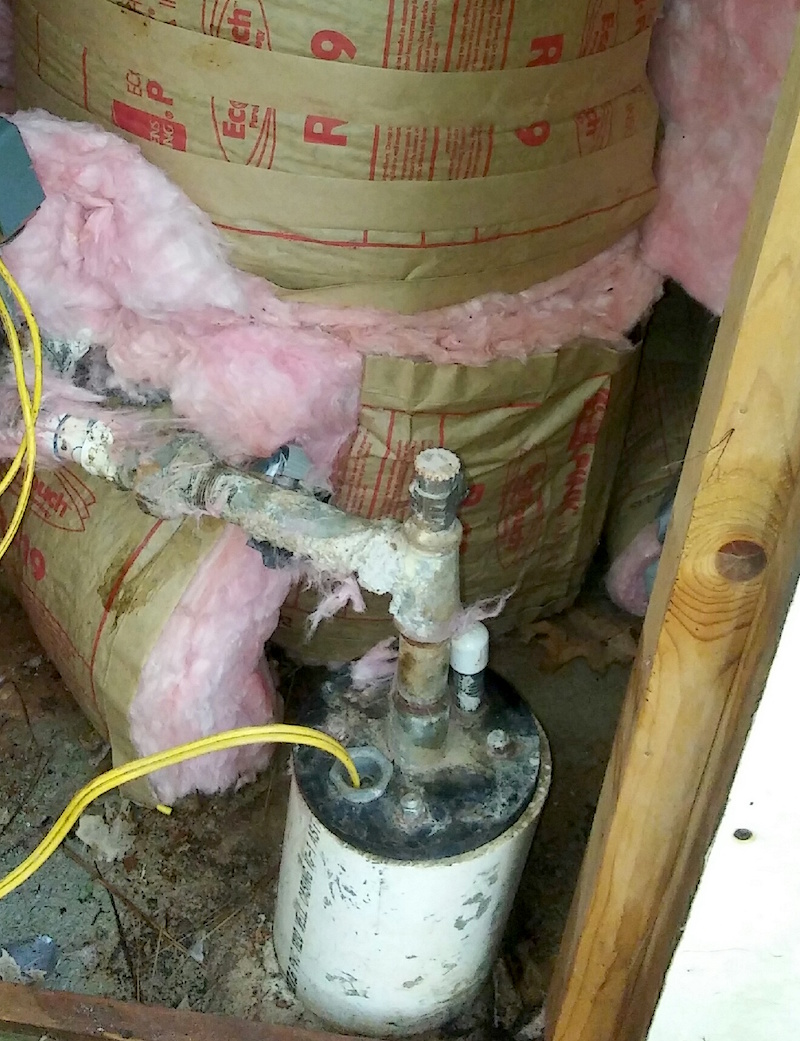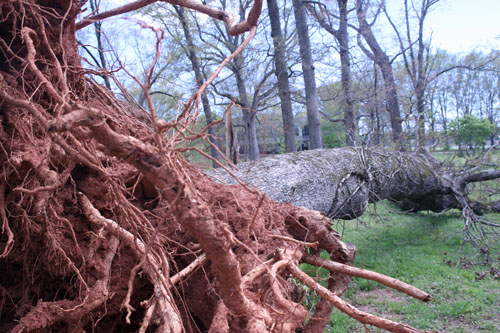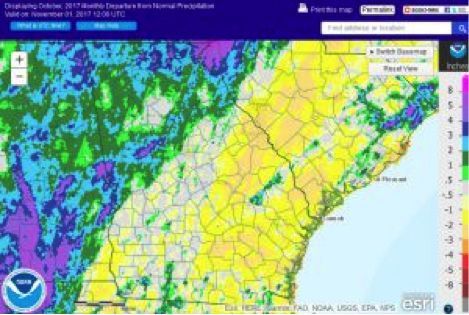 CAES News
CAES News
October Climate
If this October’s temperatures didn’t have you craving pumpkin spice, you’re not alone. The entire state was about four degrees warmer than normal this year. While the dry, warm weather may have made it hard to celebrate the beginning of fall, it was great for Georgia agriculture, aiding in the harvest of cotton, peanuts and soybeans across the state.

